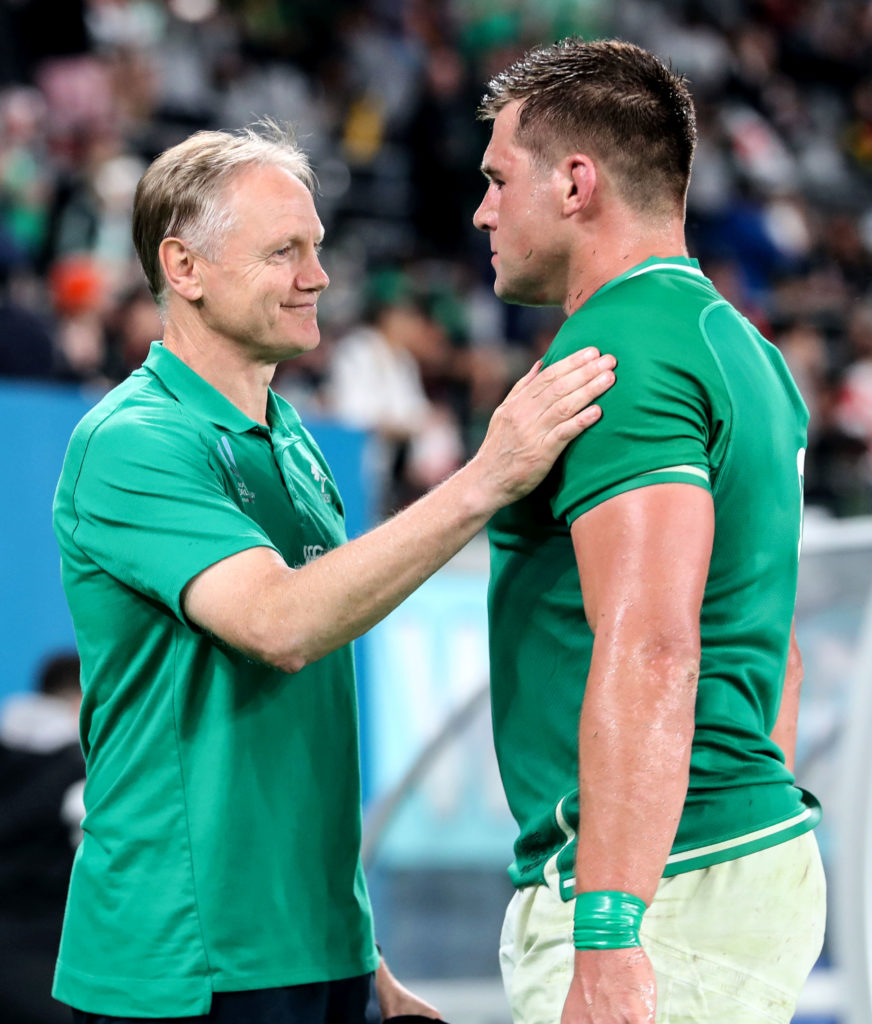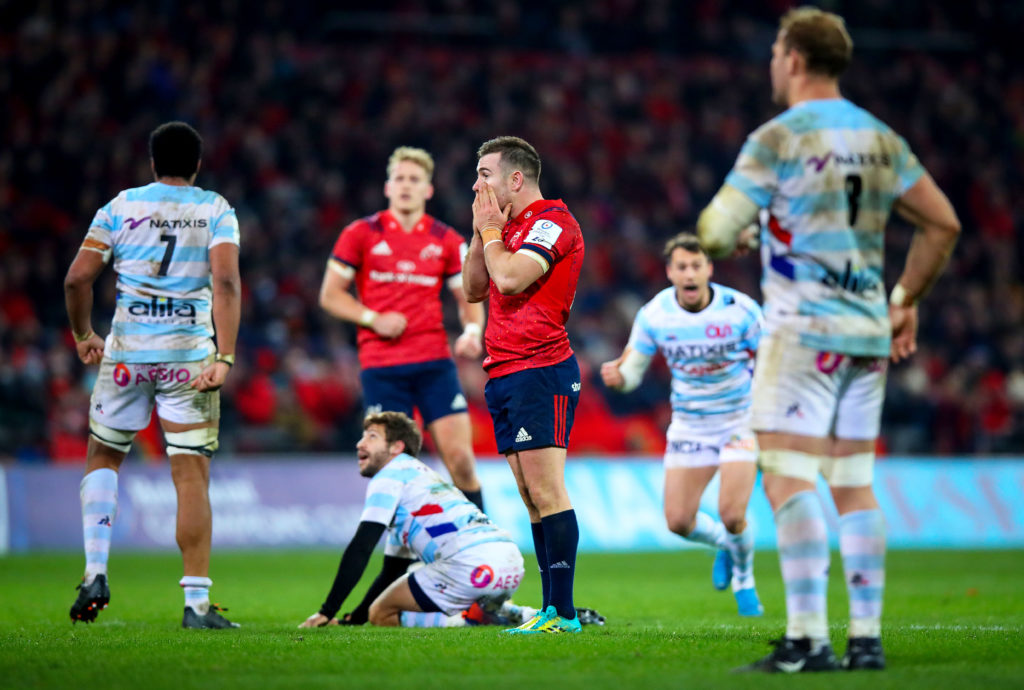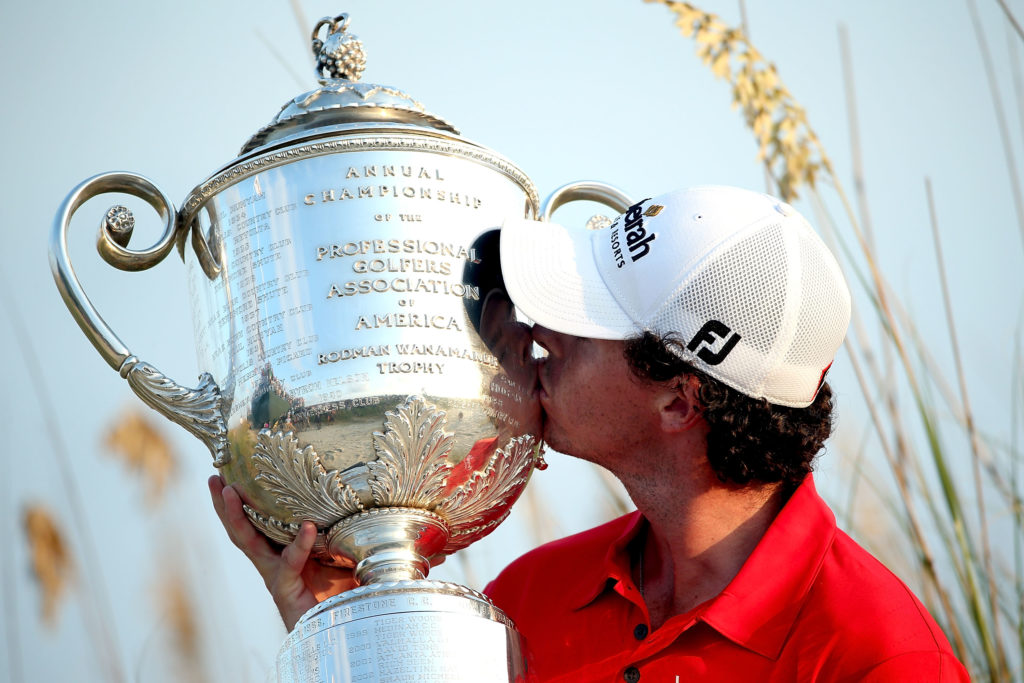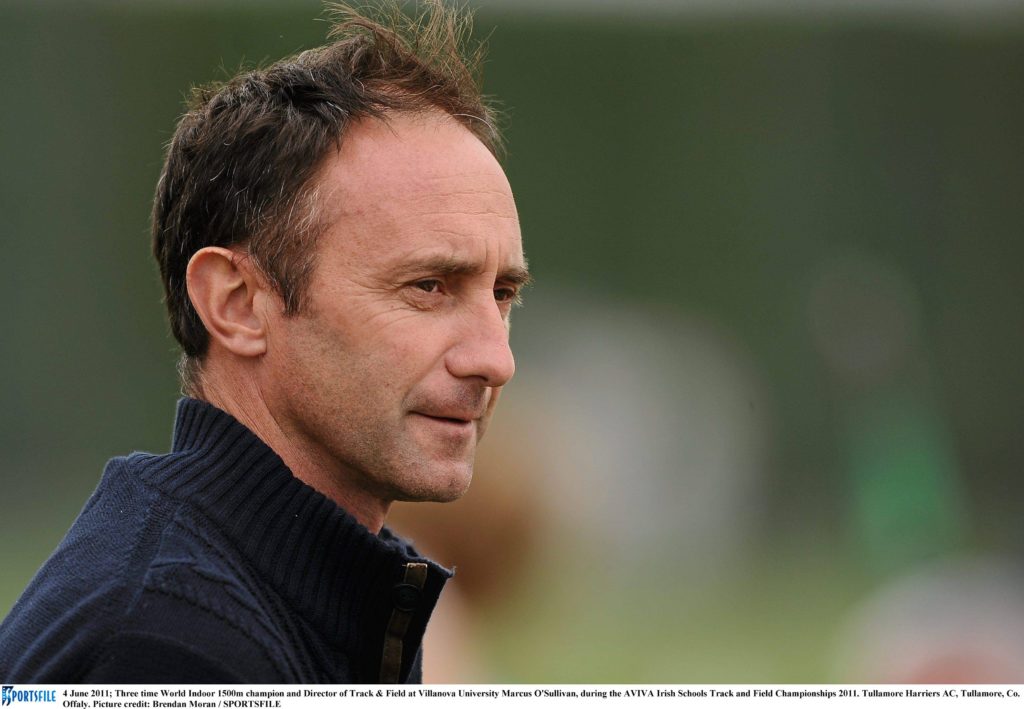The week Niall O’Carroll examines ‘choking’, the science behind it and what separates our responses.
“And in the darkened underpass, I thought, ‘Oh God, my chance has come at last’ (but then a strange fear gripped me and I just couldn’t ask)”
The Smiths, There is A Light That Never Goes Out
“I mistimed it. I don’t even know how I made the final. I was struggling. I was thinking how the hell I was going to get ready. In the February, I’d run 3.50 indoors (the second fastest indoor mile ever run at the time) and felt great.
“And I’ve always thought that if I could’ve replicated that form, it would’ve put me in the money. In the medals. Peter Rono won in Seoul that day and I don’t think Peter ever beat me before or after.
“We stayed friends for years and were in Kenya together later on and I told him, ‘You won the real one. You won the one that counted. You were in the right place at the right time.”
So said Marcus O’Sullivan in a recent article. Marcus is one of the most talented athletes Ireland has ever produced. He won three World Indoor titles and ran at 4 Olympics.
His name may not register with those of you who only rate athletic success via Olympic medals but Marcus was one of a group of exceptional milers to come out of Ireland in that era.
He was a member of the quartet who broke the world 4xmile relay record along with Limericks own Frank O’Meara (Who himself won two World indoor titles), Ray Flynn and athletic legend Eamon Coughlan. These four broke countless records.
Eamon Coughlan was named the Chairman of the Boards for his dominance of indoor mile running in the 80s and early 90s. All went to University in the U.S. and dominated the Irish athletic landscape throughout the 70s/80s and early 90s. O’Sullivan is now one of the most respected collegiate coaches in the U.S. based at Irish American University, Villanova.

What I found fascinating about O’Sullivan’s conversation about his career was not his celebration of his successes but more the realisation that he didn’t deliver on his talent on the ultimate stage, the Olympics.
There was a sense of missed opportunity. He mentions his biggest regret being the Seoul Olympics when he was indoor World champion. He should have been going to the Olympics with a heightened sense of confidence but he speaks of getting his timing wrong.
It really brought home the fickle nature of high performance. One of the regular conversation pieces in the media in the build up to the Rugby World Cup was focussed on whether the Irish team had timed their preparation right.
But what does that mean? Surely in these days of science and data assessment it is relatively easy to make sure players are physically prepared. So what other factors interfere with preparation?
Obviously as we have learned from Joe Schmidt in the aftermath that management lost their focus on the day to day improvements that had brought them to being ranked number 1 in the world. But that in itself doesn’t explain what can go wrong.

It has always fascinated me watching athletes strive for success the part that luck plays in all of this. Everything can be absolutely perfect and then a slight hamstring strain, a tummy bug, a sick loved one can distract from your ability to perform at your best.
These are all acceptable reasons for failing to deliver but for some reason if mentally you are not at your best when it matters you are dismissed as being a choker. There is probably no worse an insult for an athlete. But why?
A study by Researchers at the University of Pennsylvania found that as things sped up there was an increased blood flow to regions such as the right pre frontal cortex which is associated with negative emotions. They also showed signs of decreased blood flow to the left prefrontal cortex, the area responsible for thinking and verbal reasoning.
It found that stress uses up mental bandwith. Malcolm Gladwell author of the book Outliers amongst others describes the term choking
“Choking is about thinking too much, a paralysis by analysis. Panic is about thinking too little. Choking is about loss of instinct. Panic is reversion to instinct. They may look the same but they are words apart.”
Malcolm Gladwell, Outliers.
This came to mind in the last couple of days as I have listened and read media coverage of Munster’s draw with Racing of Paris. JJ Hanrahan missed a drop goal to win the game for Munster a number of pundits have suggested he bottled it.

I found the conversation quite ridiculous considering it was Hanrahan who had played so well to drag Munster back into the game. He simply dragged his kick. If anything it should reinforce just how good Ronan o Gara was in those situations. This discussion made me think about how the media and sports public love to dismiss people as being mentally weak.
I have watched Rory Mcllroy’s career with interest since watching him as a 15 year old playing in a club competitions in Ireland. He is a ridiculously talented golfer. Some say the best ball striker to ever play the game.
Before 2007 an Irish man had not won a major since 1949. Mcllroy now owns 4. Yet he is dismissed regularly as a choker. It is utterly ridiculous. There is no question that at the Masters of 2012 he let a winning lead slip badly as his game and his head deserted him.
He himself described winning the PGA Championship later that year as being some form of redemption
“Part of the motivation I had [at the PGA] was trying to prove something to myself, that I wasn’t one of those players who crumbles under the pressure, who folds, or chokes. I hate using the word choke but that’s exactly what happened at the Masters.
“I also wanted to prove people wrong, whether it was the media or just critics in general. I wanted to show them that the person they saw on Sunday at Augusta was not the real Rory McIlroy.”
Rory McIlroy following his 2012 US PGA Championship win.

Indeed google the words McIlroy and choke and pages of articles appear. Is this fair? Is it a reflection of a remarkable career already or is it an indication of the level of expectation attached to his talent. I would love to spend time with him and discuss his response to this experience and to his disappointment at the Open in his home course last July.
Padraig Harrington who started the Irish Major revolution speaks of his pursuit of perfection since his three major victories
“I’ve struggled mentally rather than physically since then. I have become very intolerant of my lack of focus. I’ve been trying to live up to my own very high standards of focus.”
Padraig Harrington
There are reams of sports stars who have at one time or another snatched defeat from the jaws of victory. Greg Norman who, like Rory was once ranked the best golfer on the planet and won 2 British Open titles has been defined in his career by his collapse at the Masters in 1996.
Jana Novotna who won a Wimbledon title in 1998 and 12 major doubles titles in a stellar career is still one of the first names to pop up on a google search of chokers after her collapse in the Wimbledon final of 1993 when she let a final round lead slip and lost 5 games in a row to Steffi Graf when she was on the verge of winning.
It didn’t stop Novotna from having a wonderful career and she always referred to her loss as simply a failure of her game plan.
Dr Steve Peters author of the Chimp Paradox and the man credited with changing the mindset of British Cycling describes this as allowing the ‘Human’ to take over with a net result that rational thought interferes with things that should be automatic.
John McEnore the legend and controversial tennis player once said “We all choke. Winners know how to handle choking better than losers.” This suggests that we have an option in how we handle difficult situations.
For Marcus O’Sullivan the key learning from his career which has made him a successful coach has been that
“Everyone spends too much time on the athletic procedure and doesn’t take enough time to consider the environment, the attitude, the psychological approach.”
Marcus O’Sullivan

Tom Watson the great golfer who at the age of 59 almost created the greatest story ever in sport only to over hit his final approach to the 72nd hole when a par would have created history.
Some scribes felt that the 8 time Major winner had choked. His response was simply that “a lot of guys who have never choked have never been in the position to do so”.
So maybe the next time you watch an athlete fail when the pressure comes on consider that this is something that could potentially affect us all. It is not a weakness, it is simply another aspect of high performance.
I know as someone who once fancied themselves as a decent golfer that I would love to have had the career Rory Mcllroy, Tom Watson or Padraig Harrinton have had, chokes n all.



